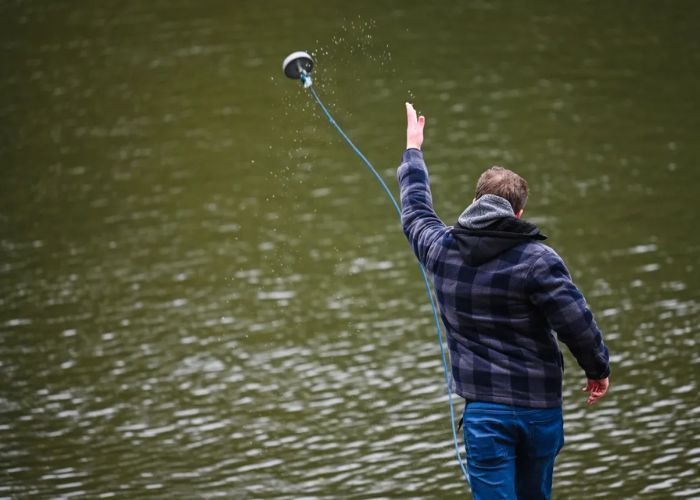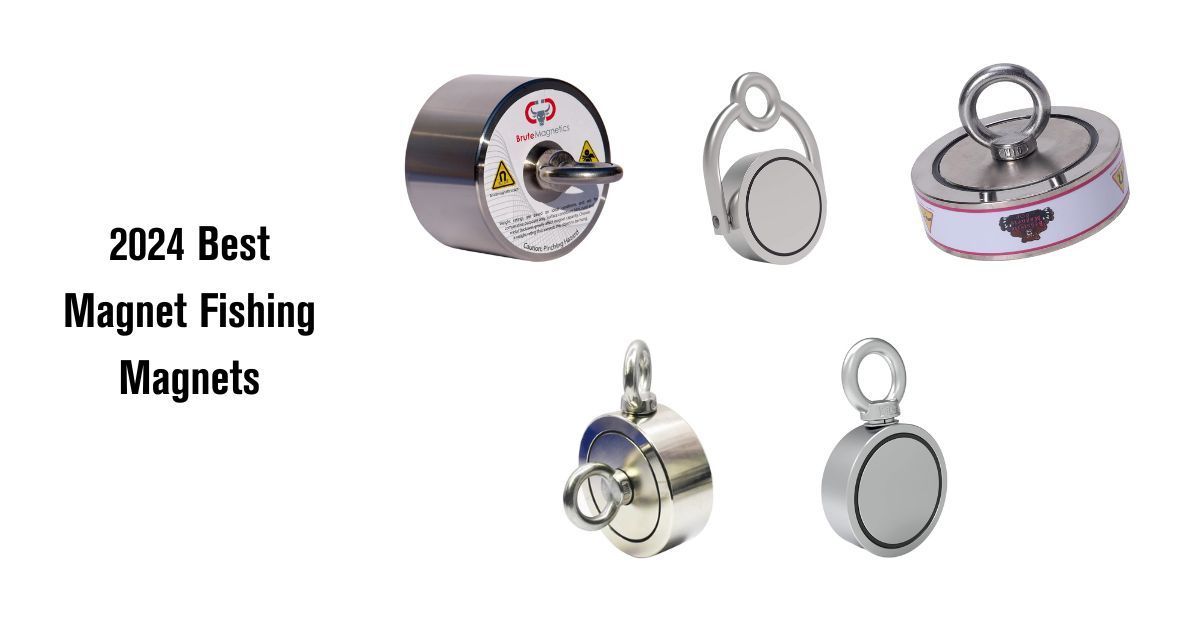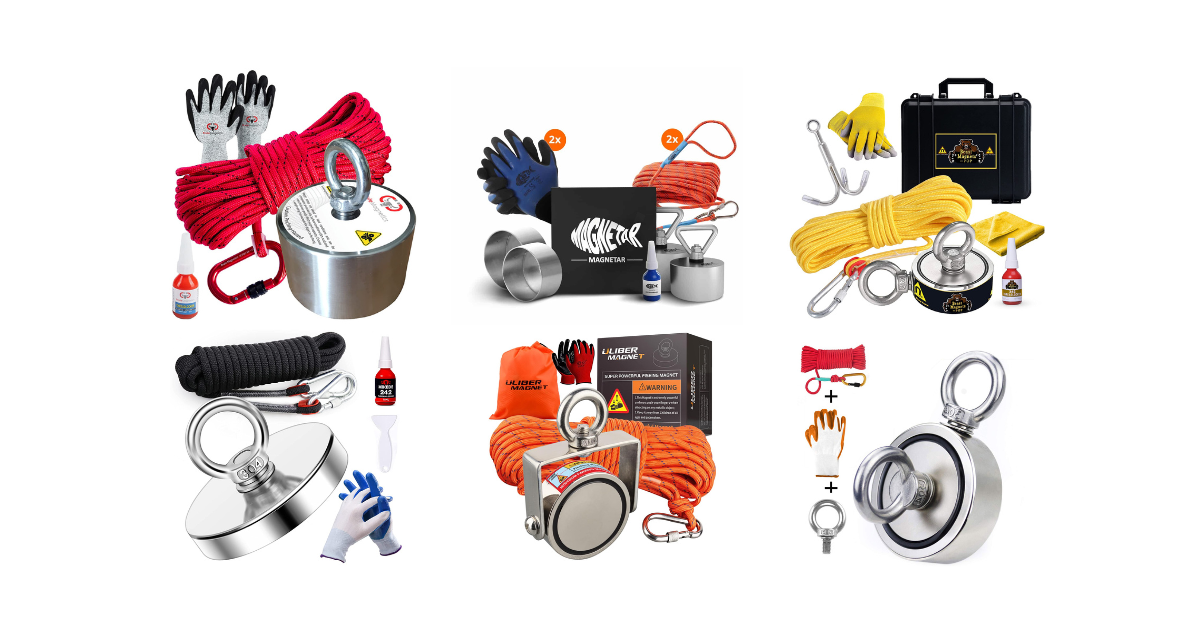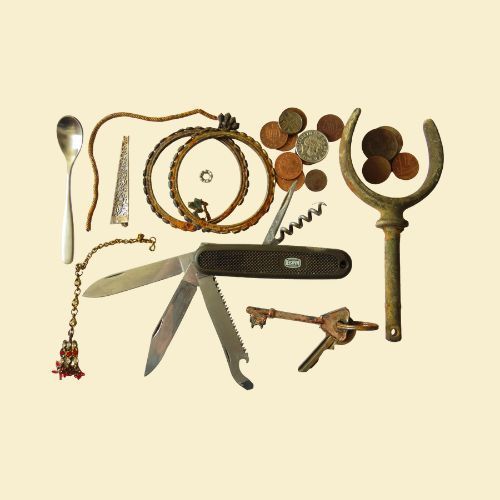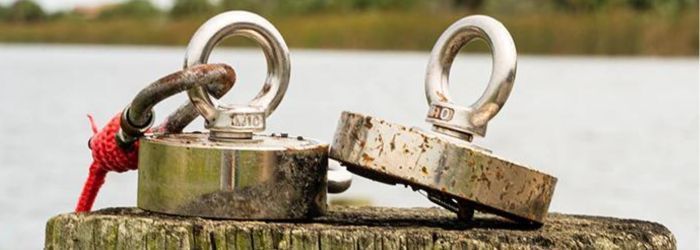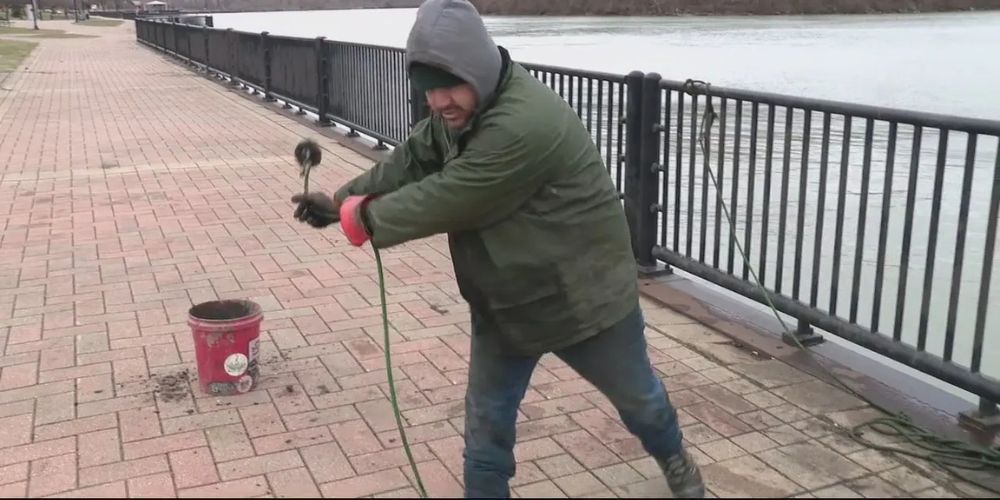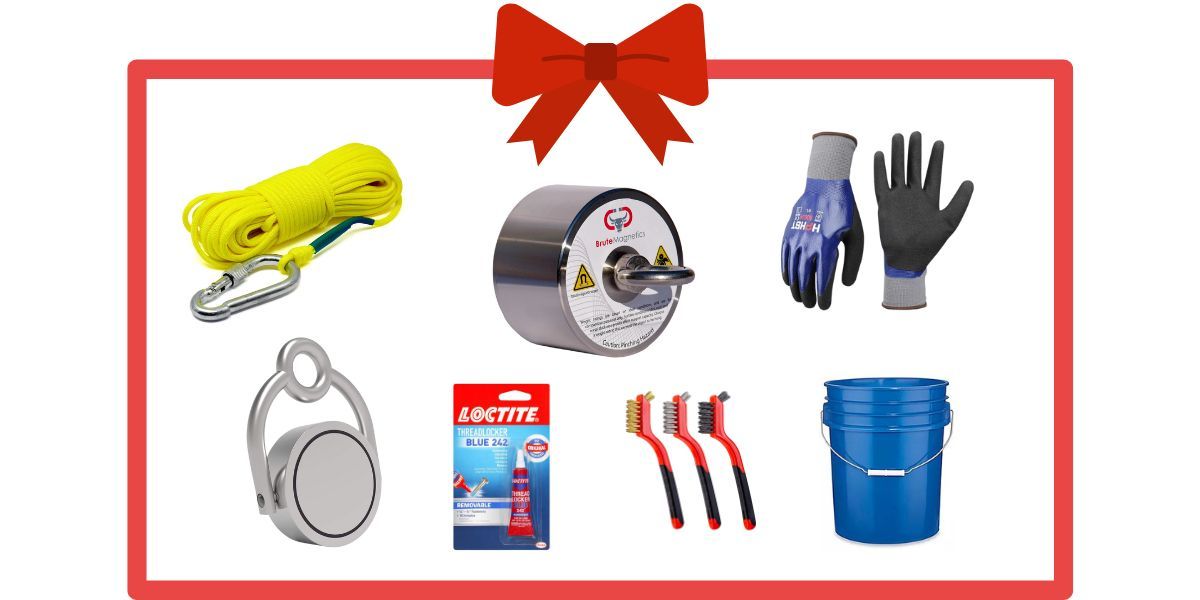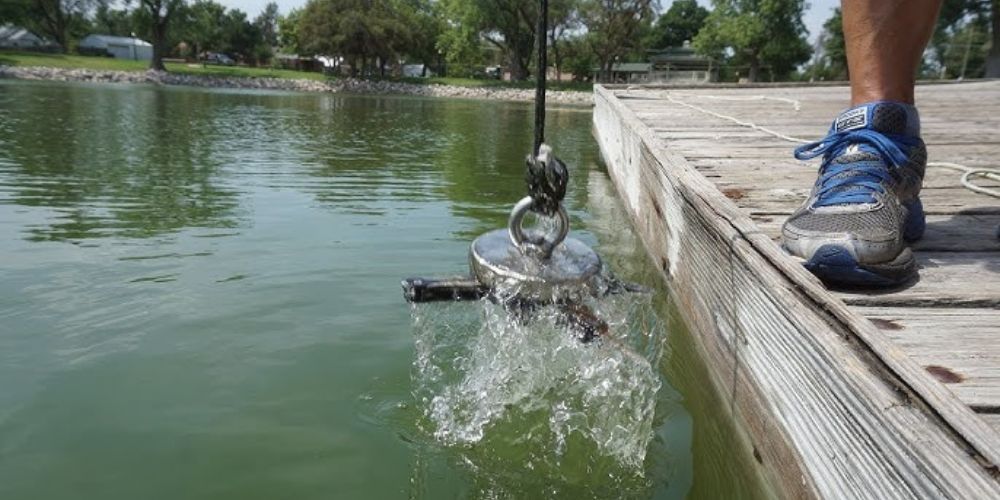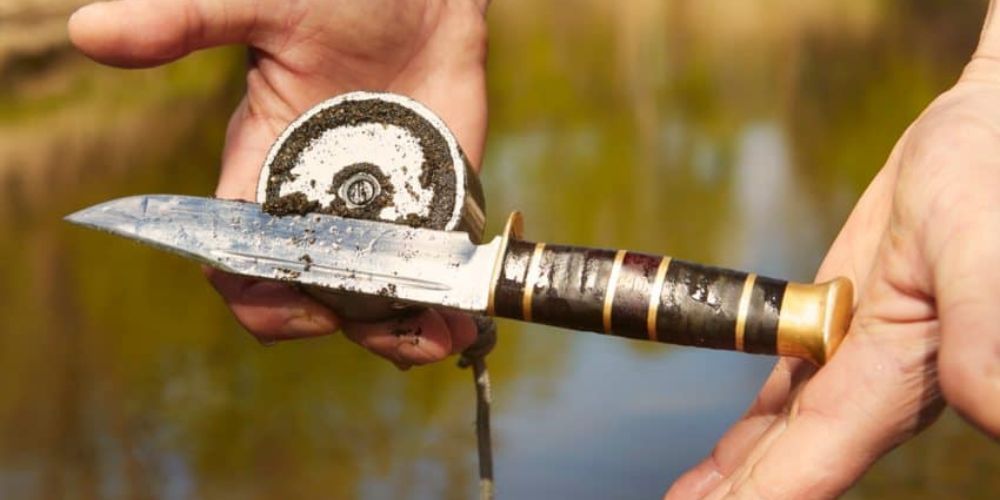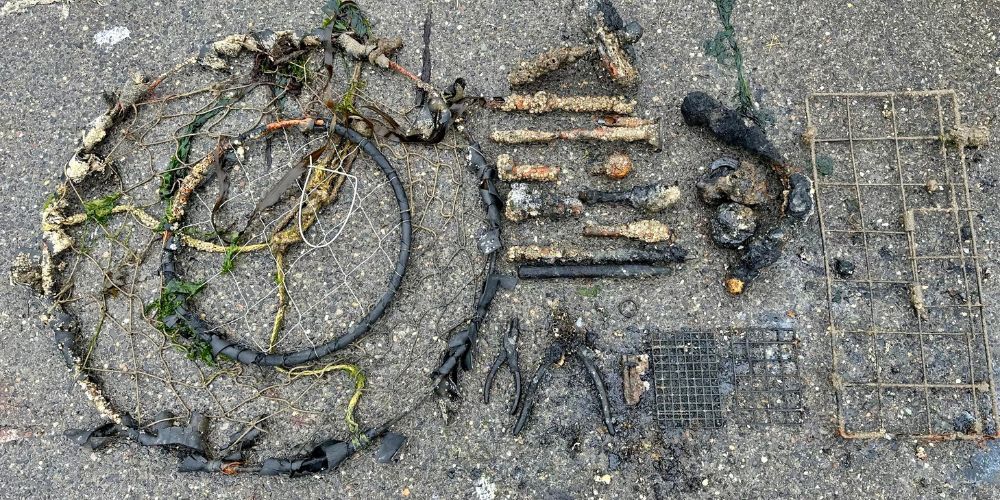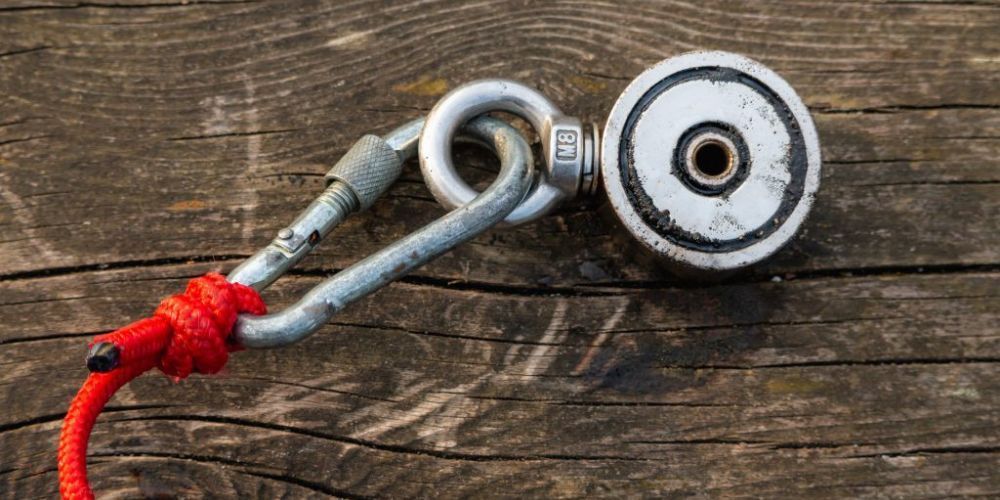Magnet Fishing Safety Tips: Essential Rules and Precautions
An unexpected catch could be just one toss away, but danger lurks even in the seemingly tranquil world of magnet fishing. Whether you're new to this adventure or an experienced magnet fishing enthusiast, ensuring your safety should always be your top priority. In this comprehensive guide, we'll rope you through essential rules and precautions for a risk-free, productive magnet fishing experience. Get ready to navigate thrills and spills of magnet fishing while staying out of harm's way!
When it comes to magnet fishing safety, it is crucial to prioritize personal well-being as well as environmental responsibility. We provide a comprehensive list of safety tips on our website, including researching suitable locations, handling magnets with care to prevent injuries, reporting suspicious findings to the authorities, keeping the environment clean, and properly storing equipment. By following these guidelines, you can ensure a safe and enjoyable magnet fishing experience.
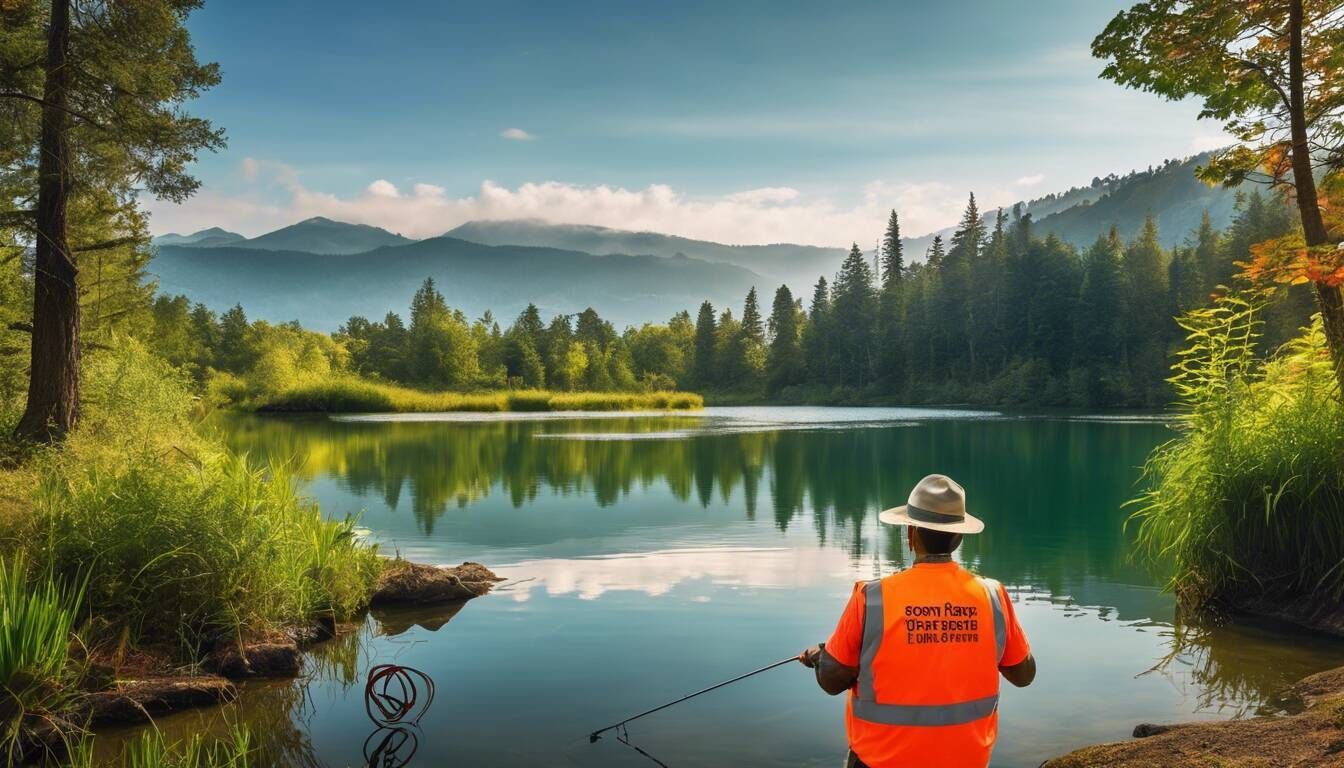
Essential Rules of Magnet Fishing
Before embarking on your magnet fishing journey, it's crucial to abide by a set of essential rules to ensure safety and make the most out of your experience. This activity, which combines environmentalism with treasure hunting, comes with a few guidelines to follow.
One important rule is to always wear gloves while magnet fishing. This protects your hands from potential cuts and scrapes caused by rusty objects that may be pulled up from the water. Additionally, it's advisable to bring a first aid kit along in case of any injuries.
Another crucial rule is to avoid trespassing on private property. Always seek permission from landowners before magnet fishing in certain areas. Respecting people's property rights not only maintains good relationships but also avoids legal trouble.
It is also important to dispose of any trash or non-valuable items responsibly. Leave the environment cleaner than you found it, ensuring that you don't contribute to pollution when participating in this hobby.
By following these essential rules, you can enjoy a safe and fulfilling magnet fishing experience while being a responsible participant in preserving the natural environment.
Before embarking on your magnet fishing adventure, remember to prioritize safety and follow a few essential rules. Wear gloves to protect your hands from potential injuries caused by rusty objects. Remember to bring a first aid kit in case of any accidents. Always seek permission from landowners before magnet fishing on private property to avoid legal trouble and maintain good relationships. Dispose of any trash or non-valuable items responsibly to keep the environment clean. By following these guidelines, you can have a safe and enjoyable magnet fishing experience while also contributing to environmental preservation.
Local Laws and Regulations
In addition to following general safety rules, it's essential to familiarize yourself with local laws and regulations regarding magnet fishing. These laws can vary depending on your location and can cover aspects such as permits, restricted areas, and guidelines for handling any hazardous materials that may be encountered.
Some regions may require you to obtain permits or licenses for magnet fishing, especially if you plan to fish in public waters or designated historical areas. It is crucial to research and adhere to these requirements to avoid fines or legal complications.
Certain bodies of water or specific areas may have restrictions on magnet fishing due to environmental concerns or cultural preservation reasons. For example, fishing near sensitive ecosystems or archaeological sites may be strictly prohibited. Be sure to research your intended fishing location beforehand and respect any restrictions in place.
Additionally, local laws may dictate how to handle and dispose of any hazardous materials, such as unexploded munitions or dangerous objects that are found while magnet fishing. It is vital to report such findings immediately to the appropriate authorities and follow their guidance to ensure your safety and that of others.
Understanding and complying with local laws and regulations not only keep you on the right side of the law but also contribute to the preservation and protection of natural resources and cultural heritage.
Using Appropriate Equipment
When it comes to magnet fishing, using the appropriate equipment is crucial for both efficacy and safety. The primary tool you'll need is a strong magnet specifically designed for magnet fishing. These magnets are typically made of neodymium and have a powerful magnetic pull to attract items underwater. It's essential to choose a magnet with a suitable size and strength based on your needs and the conditions of the waterbody you'll be searching in. Additionally, investing in a durable rope or cord that can handle the weight of the magnet is important to ensure stability during retrieval.
Think of choosing the right equipment for magnet fishing as selecting the right bait and fishing rod for a specific type of fish you're targeting. Just like different fish species require different tools, various bodies of water may require different magnets and ropes for optimal results.
Safety Precautions in Magnet Fishing
While magnet fishing can be an exciting and rewarding activity, it's important to prioritize safety to avoid any accidents or injuries. Here are some essential safety precautions you should keep in mind:
- Choose Safe Locations: Before venturing out, research and select locations suitable for magnet fishing. Look for areas indicated on old maps or near structures like bridges or piers that may offer higher chances of finding interesting items. Avoid trespassing on private property or potentially hazardous areas.
- Be Mindful of Obstacles: When casting your magnet, be aware of any obstacles nearby, such as rocks, trees, or metal structures. Ensure you have enough space around you for safe casting and retrieval without risking entanglements or accidents.
- Handle Magnets with Care: Strong fishing magnets can be incredibly powerful, so always handle them with caution. Avoid pinching your fingers or skin between magnets, which can cause painful injuries like contusions or fractures. It's advisable to wear protective gloves when handling larger magnets.
- Maintain Distance: Keep a safe distance between magnets, especially when handling multiple magnets at once. Magnets can snap together with tremendous force, potentially causing injuries. A recommended guideline is to keep magnets at least 1.5 meters apart to prevent accidents.
- Report Suspicious Finds: If you happen to find any suspicious or dangerous items during magnet fishing, such as firearms or weapons, do not touch them and immediately report the findings to the local authorities. Your safety is of utmost importance, and it's crucial to let professionals handle potentially harmful objects.
Remember, while magnet fishing can be an enjoyable hobby, practicing safety precautions ensures that you have a fun and incident-free experience.
Risk Assessment before Searching
Before embarking on your magnet fishing adventure, it is crucial to conduct a thorough risk assessment. Start by researching and selecting suitable locations for magnet fishing. Look for waters that have existed for some time, such as areas indicated on old maps or near thick, old trees along the water. Bridges and piers are also good locations to search. By identifying potential hotspots, you increase your chances of finding interesting items while minimizing unnecessary risks.
Additionally, ensure you prioritize your safety while magnet fishing. Never take unknown items with you during your search, and if you discover something suspicious, like a gun, report it immediately to the local authorities. Handle strong magnets with care to avoid injuries such as jamming fingers or skin between magnets, contusions, bruises, or even bone fractures. Remember to wear heavy protective gloves when handling larger fishing magnets and keep magnets at least 1.5 meters apart to prevent them from snapping together unexpectedly.
Handling of Finds
Once you've successfully captured an item using your magnet, it is essential to handle your finds with caution and follow proper procedures. First and foremost, never forget that safety should always be your priority. Some objects may be sharp or hazardous, so it's important to use protective gloves when handling them.
If you come across any potentially dangerous items like firearms, explosives, or other suspicious objects, do not attempt to handle them yourself. Instead, promptly contact the local authorities or bomb disposal units for professional assistance in disposing of them safely.
For non-hazardous items, carefully remove them from the magnet using appropriate tools if necessary. It's important to note that not all finds will be valuable or historically significant; they may simply be trash or debris. However, always aim to leave the environment cleaner than when you arrived by properly disposing of any garbage found during your magnet fishing activities.
Imagine coming across a rusted metal box submerged in the water. Instead of prying it open immediately, it's wise to take it home and approach its opening with caution. You never know what may be hidden inside, and there could potentially be sharp objects or harmful substances that need to be handled properly.
By following these guidelines for handling finds, you can ensure your own safety and contribute to the preservation of the environment.
Potential Dangers in Magnet Fishing
While magnet fishing can be an exciting and rewarding hobby, it is crucial to be aware of the potential dangers that may arise during your outings. Being well-informed about these risks will help you take the necessary precautions to ensure your safety.
One of the primary concerns in magnet fishing is coming into contact with hazardous materials or objects. You never know what you might find in the water, and there is always a possibility of encountering sharp metal objects, such as nails, wire, or even discarded tools. These items can cause injuries if mishandled, so it's vital to handle them with caution and wear protective gloves to minimize the risk of cuts or punctures.
Another danger associated with magnet fishing involves the use of strong magnets. These magnets possess a powerful magnetic force and should be handled carefully to avoid injuries like jamming fingers or skin between magnets, contusions, bruises, or even bone fractures. Always keep magnets at least 1.5 meters apart from each other while handling to prevent them from forcefully attracting and causing harm.
Imagine you're magnet fishing near an old pier when your magnet suddenly latches onto something heavy beneath the water's surface. As you pull it up excitedly, you realize it's an old rusted anchor with sharp edges. Mishandling it could result in severe cuts or even tetanus if not cleaned properly.
Additionally, it's essential to consider the potential dangers of unknown items that may be found during magnet fishing. While most findings may consist of rusty scrap metal or debris, there is a slight chance of discovering potentially harmful objects like firearms or explosive devices. If you come across any suspicious items like these, it is crucial to leave them undisturbed and promptly report them to the local police department for proper handling.
Lastly, environmental considerations are essential when engaging in magnet fishing. It is vital to keep our waters clean and not contribute to pollution. Always make sure to properly dispose of any trash encountered during your magnet fishing trip and avoid leaving anything along the waterside. This promotes sustainability in the hobby and ensures that it remains enjoyable for everyone.
While knowing the potential dangers is important, it is equally crucial to take appropriate precautions to ensure a safe magnet fishing experience. Let's delve into some essential safety tips and rules that can help you minimize risk and enjoy your outings to the fullest.
- According to a 2020 survey by the Worldwide Magnet Fishing Association, approximately 15% of magnet fishers reported minor injuries such as pinches or scratches due to mishandling of magnets.
- A research review indicated that over 80% of successful magnet fishing finds involve metallic trash, indicating the potential risk of coming into contact with sharp or hazardous objects.
- In a survey conducted in the UK in 2021, it was found that about one-third of magnet fishers reported experiencing troubleshooting scenarios like losing their magnet due to poor rope quality or becoming stuck on underwater objects.
Tips to Rember
- Always wear gloves when participating in magnet fishing to protect your hands from sharp or rusty objects.
- Check local laws and regulations before magnet fishing to ensure you are allowed to do so in the specific area.
- Be cautious of potentially hazardous items such as weapons, explosives, or live ammunition that may be found while magnet fishing.
- Dispose of any trash or unwanted items properly and responsibly, ensuring they do not harm the environment or wildlife.
Author: Will Flaiz


